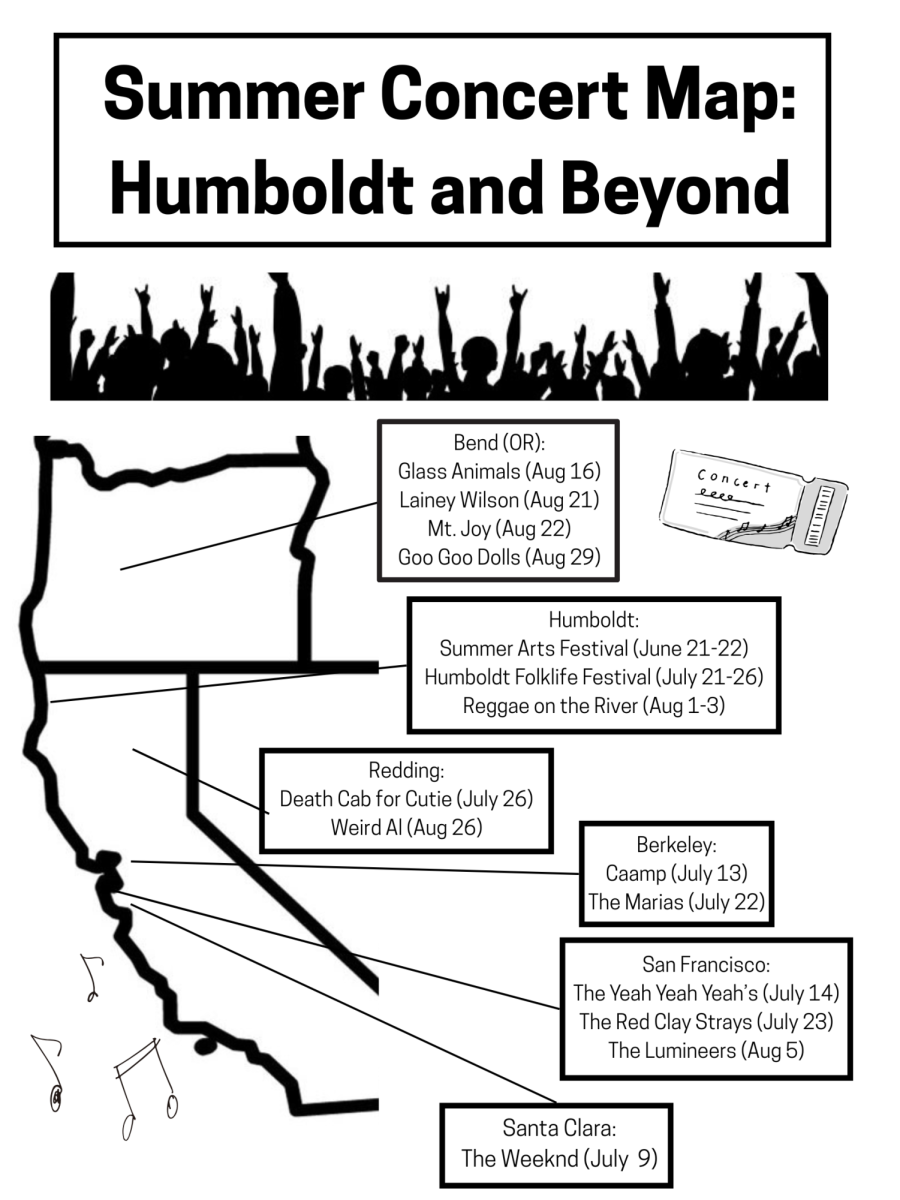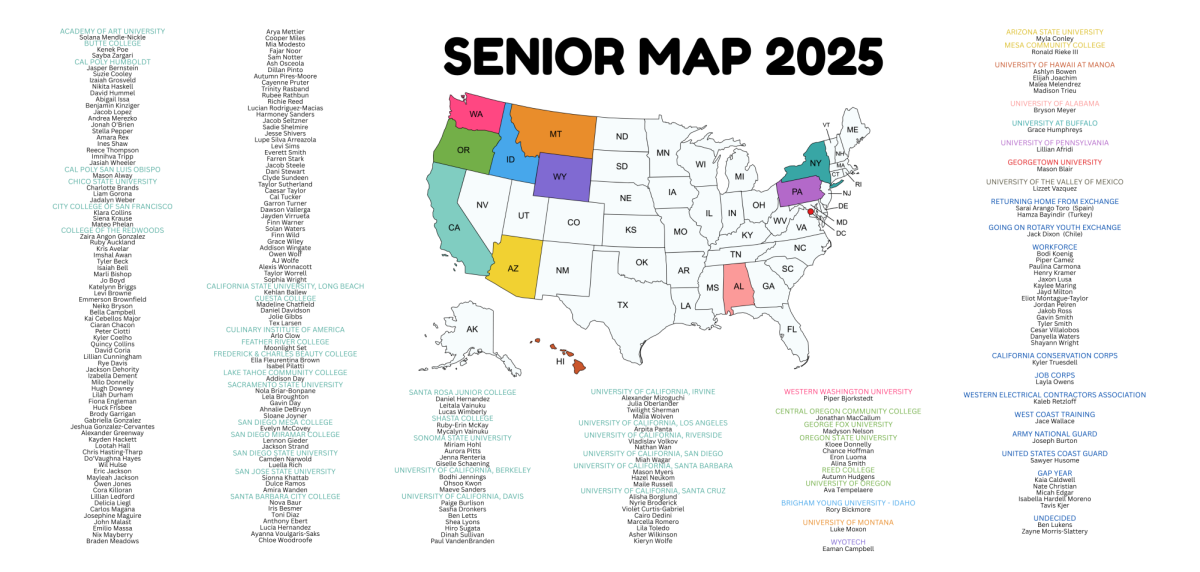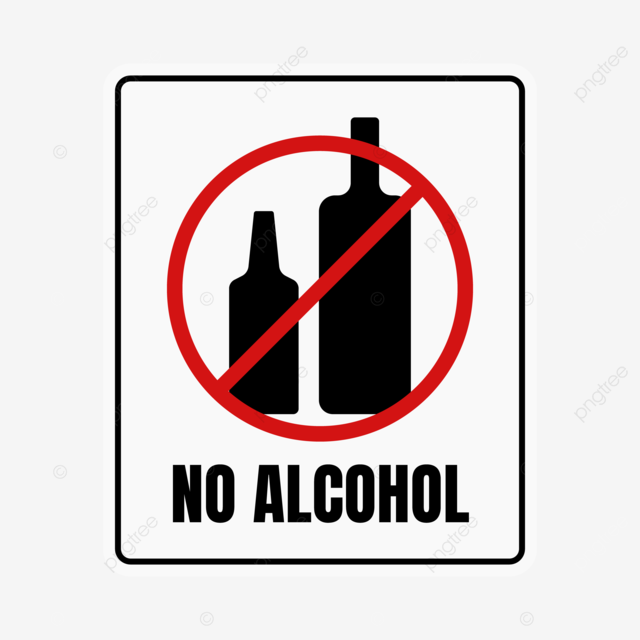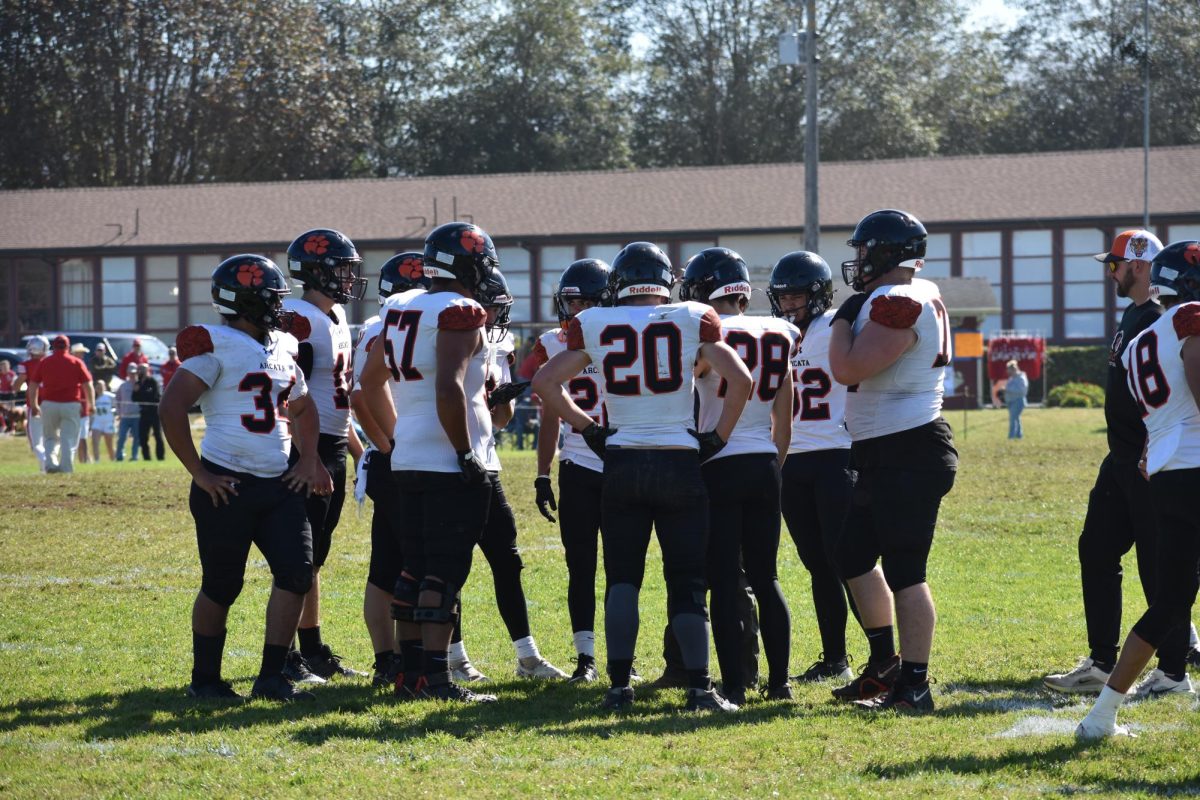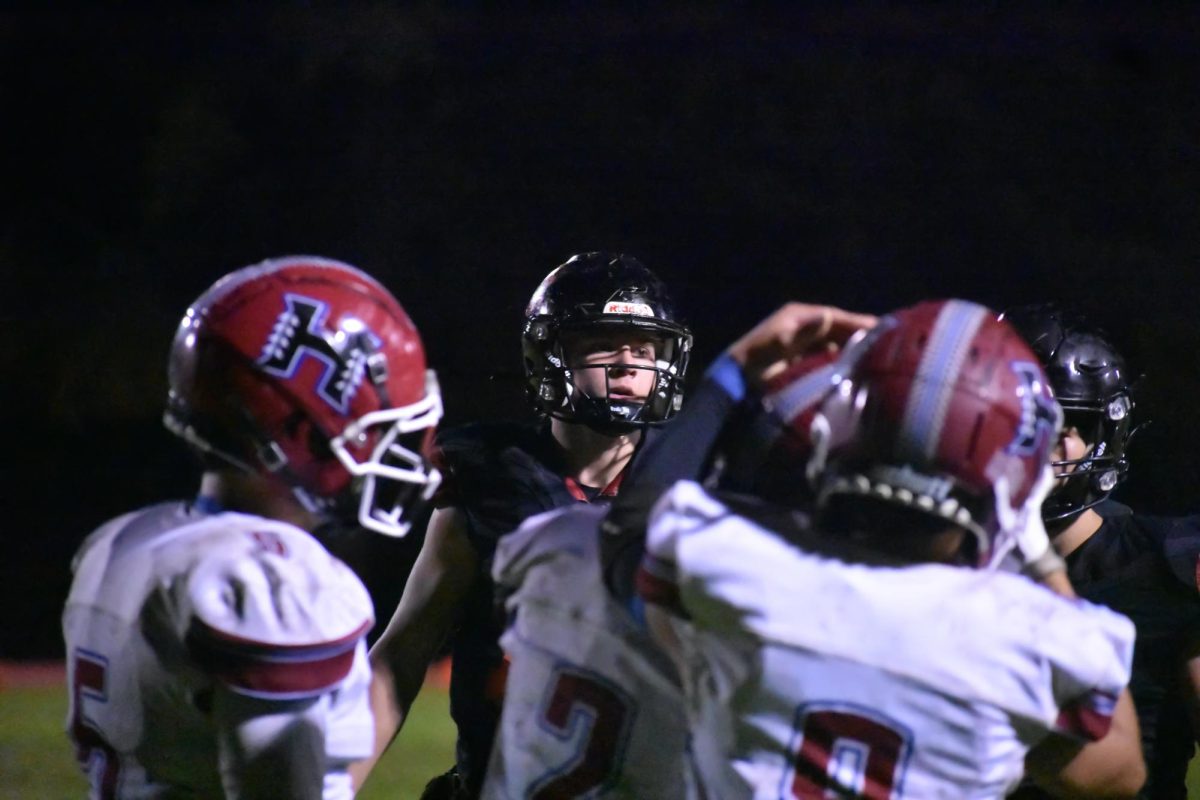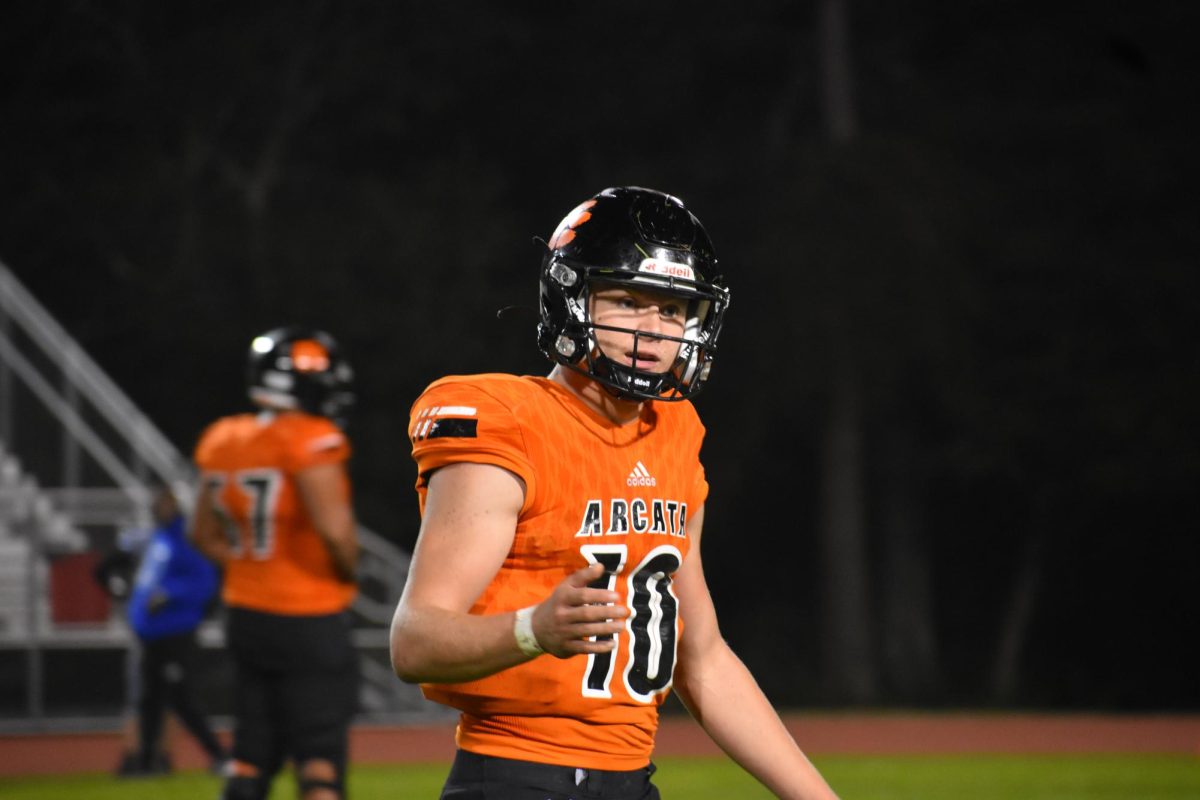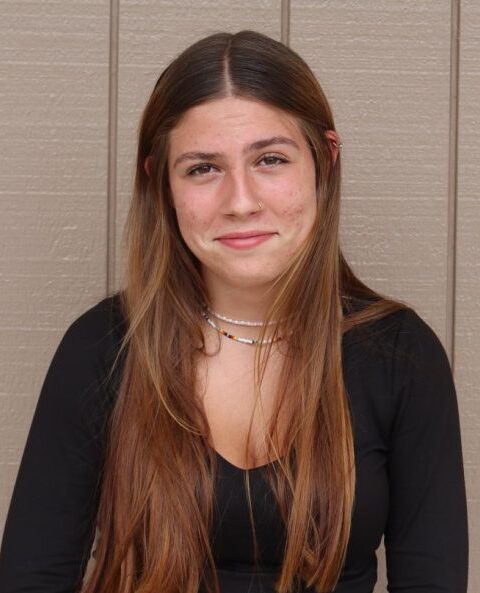Every day while walking through Arcata High’s halls you see someone with some sort of drink in their hand and 9 times out of 10 it’s caffeinated. While many students don’t seem to think their caffeine addictions are a problem, they very much are. Caffeine can cause many issues that most teens probably aren’t aware of like increased insomnia, nervousness, restlessness, muscle twitching, and many other concerning side effects. It can also cause serious health consequences like stunted brain development, sleep deprivation, bone thinning/loss, and severe withdrawal. Withdrawals happen because caffeine gives your brain dopamine like drugs do. Even with these problems, many teens worldwide continue to drink caffeine like it’s water.
After speaking with three addicted students at Arcata, it appears that those who typically have a caffeinated drink in their hand admit to their addictions, yet don’t show any urge to change their ways. Senior Jace Wallace believes that he’s addicted to caffeine, but thinks that the 100mg per day suggested for ages 12-18 is “bullsh*t.”
Senior Kaleb Retzolff, who estimates he drinks about 3,000mg per day, also disagrees with the suggestion but says that for the average person, it seems reasonable.
On the other hand, senior Ben Lukens doesn’t think he’s addicted to caffeine, but admitted to drinking up to four Red Bulls per day during baseball season and stated that the suggested 100mg daily is a pretty low number.
These three seniors are always seen walking around campus with some sort of caffeinated beverage in their hand. To them, it’s normal and keeps them functioning throughout their day. Retzolff stated that on days he doesn’t have caffeine he becomes very irritable, shakey, and gets no sleep, symptoms which are real signs of addiction. While these are only three seniors out of many at Arcata High, other students likely feel the same way and drink way more caffeine than they should.
Many people seem to think it’s only teenagers who are addicted to caffeine but that’s far from the truth. Teachers have caffeine addictions of their own but they might not realize it. Unlike the 100mg suggested for ages 12-18, about 400mg of caffeine is a safe number for healthy adults. Science teacher Shannon Kresge agrees with this. She stated that she has 300mg in her morning smoothies to prevent migraines throughout her day. For her, there’s good reason to intake the amount of caffeine she does, and English teacher Alex Kantner can say the same. He states that his love for espresso seems to help him a lot on days when his head is hurting, so he drinks some to prevent migraines from coming along.
“We are all hooked on something, but it matters what you’re hooked on,” Kantner said when asked if he was addicted to caffeine, implying it’s not that horrible compared to many other addictions.
AG teacher, Paula Mello, hasn’t had any caffeine for the past three weeks because her doctor put her on a very limiting diet. Before this change, she drank an estimated 500mg throughout her day. Like other teachers without caffeine, she experiences massive headaches and becomes irritable.
Caffeine consumption at Arcata High raises important concerns about dependency among both teachers and students. Students like Wallace and Retzolff acknowledge their habits but feel no need to change, while Lukens thinks his habits are perfectly fine. On the teacher side, Kresge and Kantner rely on caffeine to manage migraines which suggests that this dependence is normal throughout our school community. Meanwhile, Mello’s reaction to her new diet shows how she could be facing the challenges of withdrawal. This culture of caffeine consumption encourages us to look at our habits. Are we truly aware of how much we rely on caffeine as a community? It’s never too late to start looking at healthier alternatives to give us energy while avoiding the trap of potential addiction.




